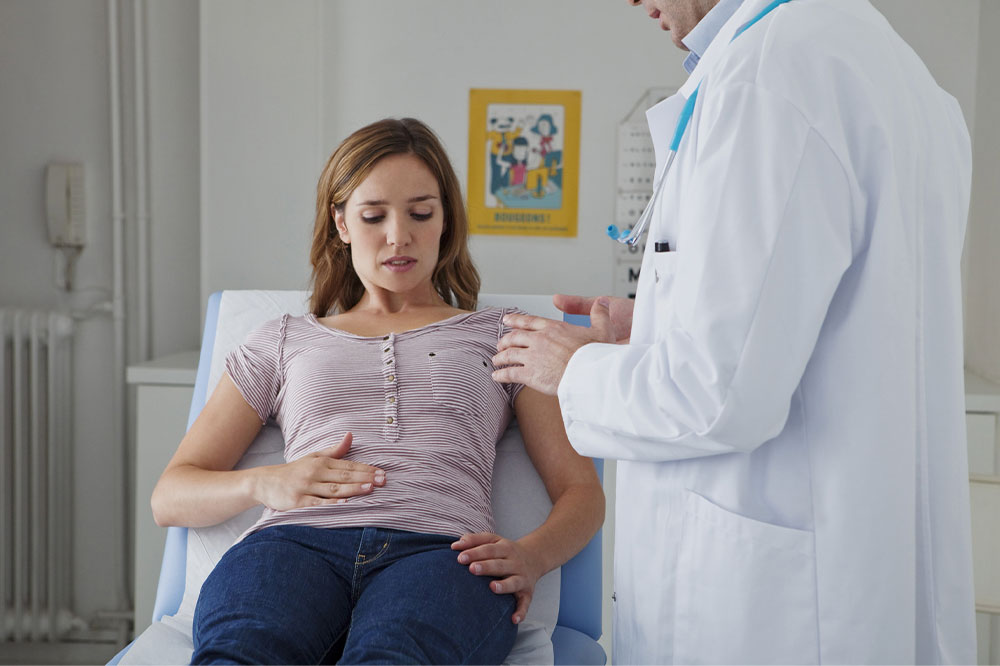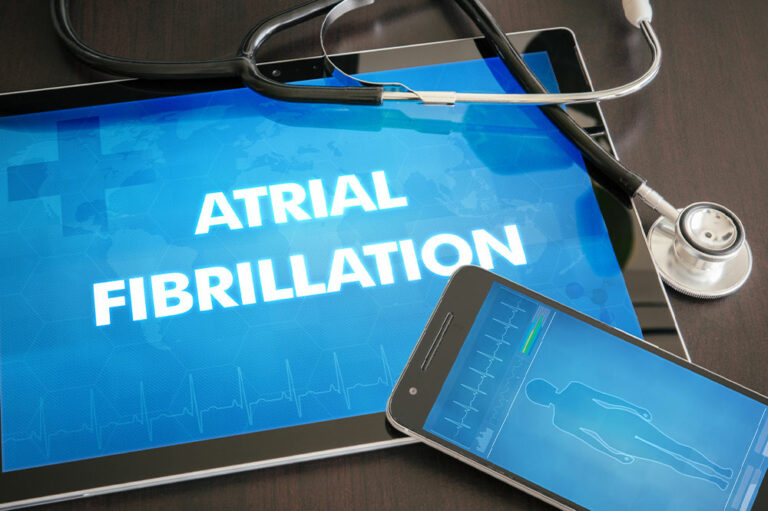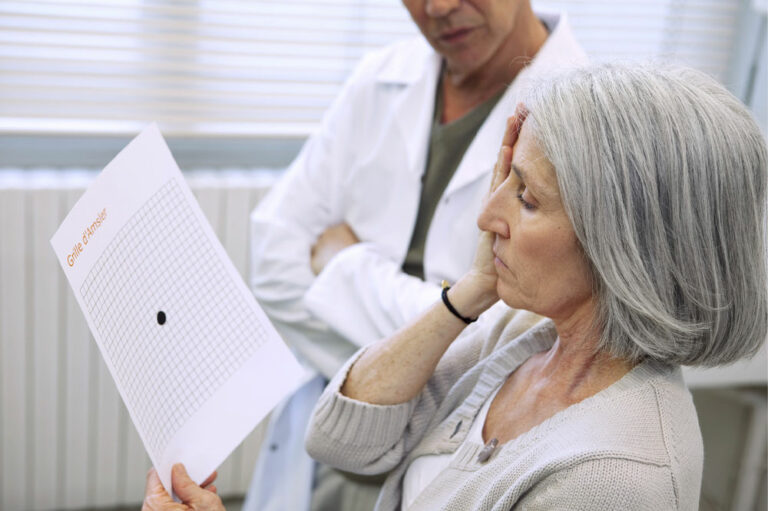
13 common signs of stomach cancer
Stomach cancer refers to abnormal cell growth in the organ. Also known as gastric cancer, the condition progresses slowly and may eventually spread to the liver and pancreas. About 95% of stomach cancers develop in the cells of the stomach lining, whereas rarer types may originate in the lymph nodes or the connective tissue of the stomach wall. Recognizing the early signs of stomach cancer can help get a timely diagnosis and treatment.
Signs
The progression of stomach cancer is gradual, and those with this condition may or may not experience any early signs. The symptoms usually begin to appear only after the cancer begins spreading to other organs. The following are possible indicators that one has stomach cancer:
Abdominal pain
Severe abdominal pain is an early sign of stomach cancer. The pain may spread to the back in cases where the cancer is developing in the stomach’s lymph nodes.
Stomach swelling
If cancer spreads to the tissue lining the abdomen, one may observe swelling in the stomach. This swelling is caused by the accumulation of a fluid known as ascites.
Diarrhea or constipation
The spread of cancer cells to the small intestine can cause blockages, leading to diarrhea. In contrast, tumors in the abdomen may narrow the bowel, triggering constipation.
Blood in the stool
Although blood in the stools is a rare symptom of stomach cancer, it may sometimes be a sign of bleeding from the tumor. So, a doctor should be consulted immediately in case one observes blood in their stools.
Nausea and vomiting
The stomach is an integral part of the gastrointestinal tract. So, when the cancerous cells developing in the stomach spread to other organs, it may cause blockages, which can trigger nausea and vomiting.
Anemia
The bleeding associated with stomach cancer often leads to a reduction of red blood cell count or anemia. Those with blood cancer typically lose red blood cells faster than they develop them.
Fatigue
Loss of blood can lead to extreme fatigue or weakness among those with cancer. The treatments administered to destroy the cancer cells can also further contribute to fatigue.
Yellowing of the eyes and skin
If stomach cancer spreads to the liver, it can lead to jaundice, a condition in which the concentrations of a yellow pigment called bilirubin increase considerably. As a result, one may experience yellowing of the eyes and skin.
Shortness of breath
The spread of stomach cancer to the lungs can cause shortness of breath, which is often accompanied by coughing and difficulty breathing.
Loss of appetite
If the tumor develops in or around the gastrointestinal tract, it may lead to loss of appetite. One may also have trouble swallowing and constantly feel full even without having meals.
Dark, sticky stools
Bleeding due to cancer may sometimes result in black stools containing blood (also called melena).
Bloating
The development of stomach cancer often results in unexplained loss of hunger and a persistent feeling of fullness. Further, one may experience stomach bloating, particularly after meals, making them unable to eat as much as they usually would.
Heartburn
While heartburn is typically associated with acid reflux, GERD, and other such conditions, it may also be one of the early signs of stomach cancer. The key to determining whether heartburn is caused by cancer or other conditions is to keep an eye out for other cancer symptoms.
Tips for managing stomach cancer
Have small, frequent meals: Having smaller meals throughout the day enables the body to manage cancer symptoms as well as treatment side effects, including nausea, bloating, and diarrhea. People with the condition should have five to six small meals at three-hour intervals.
Choose rich sources of protein: The body requires protein to regain strength and immunity when undergoing stomach cancer treatment. So, it is necessary to replenish the body with adequate protein while recovering from the condition. While red meat contains high levels of protein and iron, it is typically difficult to digest and can worsen symptoms such as bloating. So, one should replace red meat with chicken, turkey breast, and venison.
Have iron-rich foods: As people with stomach cancer are highly susceptible to anemia, having iron-rich foods is a must while healing from the condition. Dark, leafy greens like spinach, kale, and Brussels sprouts are great additions. Further, beetroot, shellfish, pumpkin seeds, legumes, dates, and sweet potatoes are excellent sources of iron that should be added to the meal plan. Moreover, as the body requires vitamin C to absorb iron, one should have vitamin C-rich foods like citrus fruits and peppers to ensure iron absorption.
Avoid processed foods: Processed foods like burgers, pizzas, fries, and packaged meats are difficult to digest and can worsen symptoms like indigestion and bloating. They can also increase the risk of developing cholesterol and heart diseases. So, those with stomach cancer should avoid processed foods and replace them with healthy complex carbohydrates and healthy fat sources.
Stay hydrated: When dealing with stomach cancer, one is prone to indigestion, constipation, and bloating. So, having plenty of water is essential for managing such symptoms. Further, treatments like chemotherapy can aggravate symptoms like nausea and tiredness. Consequently, the body requires adequate hydration to manage these side effects. One may also add other healthy beverages like fresh fruit juices, soups, and smoothies to the meal plan to stay hydrated.
Be physically active: Studies have shown that exercise releases proteins called myokines in the bloodstream, helping fight cancer cells and boosting immunity. So, it is important to incorporate some physical activity into the routine while recovering from stomach cancer.
If one notices one or more of the early signs of stomach cancer, they should consult a doctor and seek a diagnosis and prompt treatment. A healthcare professional will also suggest appropriate foods and recommend suitable lifestyle changes for managing the symptoms.





